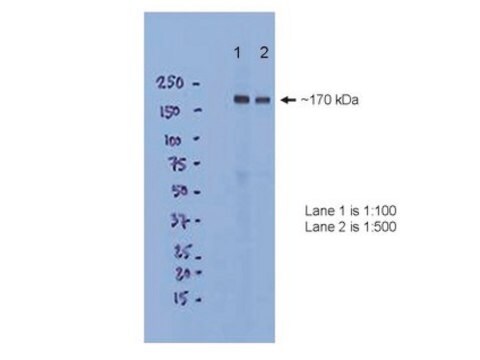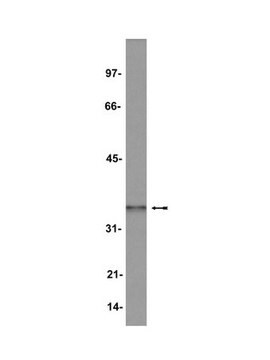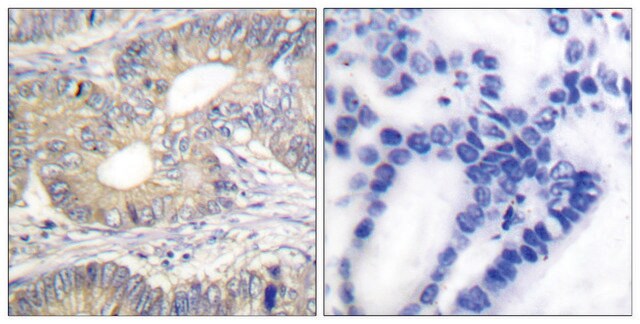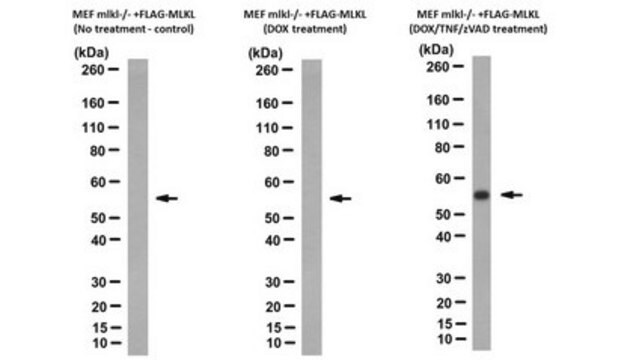07-398
Anti-phospho-NR2B (Ser1303) Antibody
Upstate®, from rabbit
Synonym(s):
Anti-DEE27, Anti-GluN2B, Anti-MRD6, Anti-NMDAR2B, Anti-NR2B, Anti-NR3, Anti-hNR3
About This Item
Recommended Products
biological source
rabbit
Quality Level
antibody form
purified immunoglobulin
antibody product type
primary antibodies
clone
polyclonal
species reactivity
rat, human, mouse
manufacturer/tradename
Upstate®
technique(s)
western blot: suitable
isotype
IgG
NCBI accession no.
UniProt accession no.
shipped in
dry ice
target post-translational modification
phosphorylation (pSer1303)
Gene Information
human ... GRIN2B(2904)
mouse ... Grin2B(14812)
rat ... Grin2B(24410)
Related Categories
Specificity
Immunogen
Application
Neuroscience
Oxidative Stress
Neurodegenerative Diseases
Quality
Target description
Linkage
Physical form
Storage and Stability
Analysis Note
Brain tissue
Other Notes
Legal Information
Disclaimer
Not finding the right product?
Try our Product Selector Tool.
Storage Class Code
10 - Combustible liquids
WGK
WGK 2
Certificates of Analysis (COA)
Search for Certificates of Analysis (COA) by entering the products Lot/Batch Number. Lot and Batch Numbers can be found on a product’s label following the words ‘Lot’ or ‘Batch’.
Already Own This Product?
Find documentation for the products that you have recently purchased in the Document Library.
Our team of scientists has experience in all areas of research including Life Science, Material Science, Chemical Synthesis, Chromatography, Analytical and many others.
Contact Technical Service








